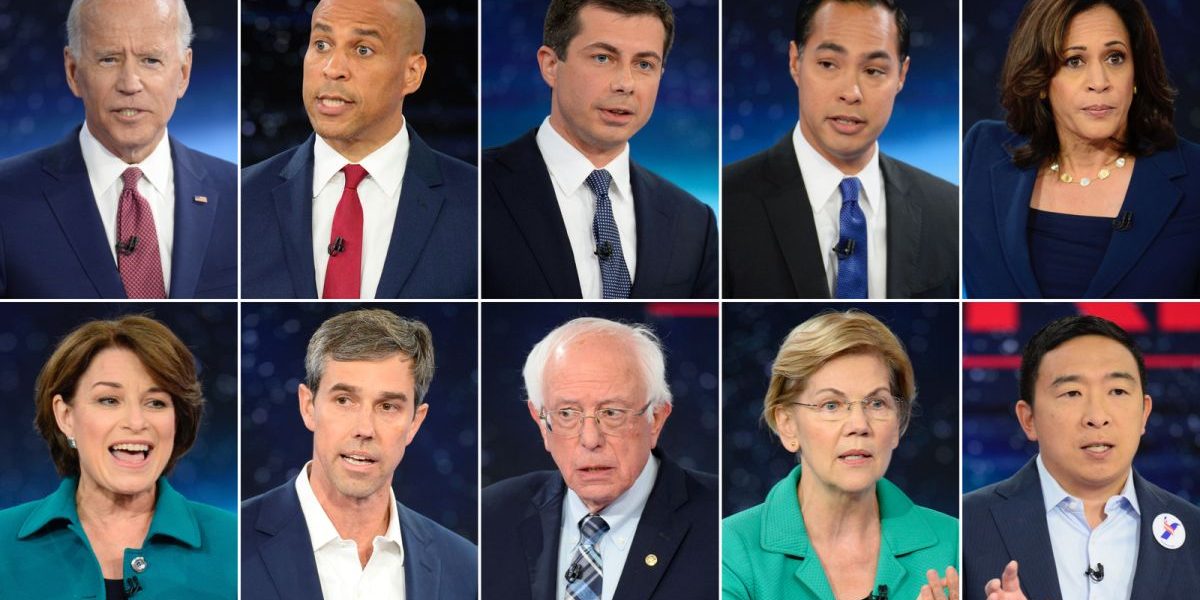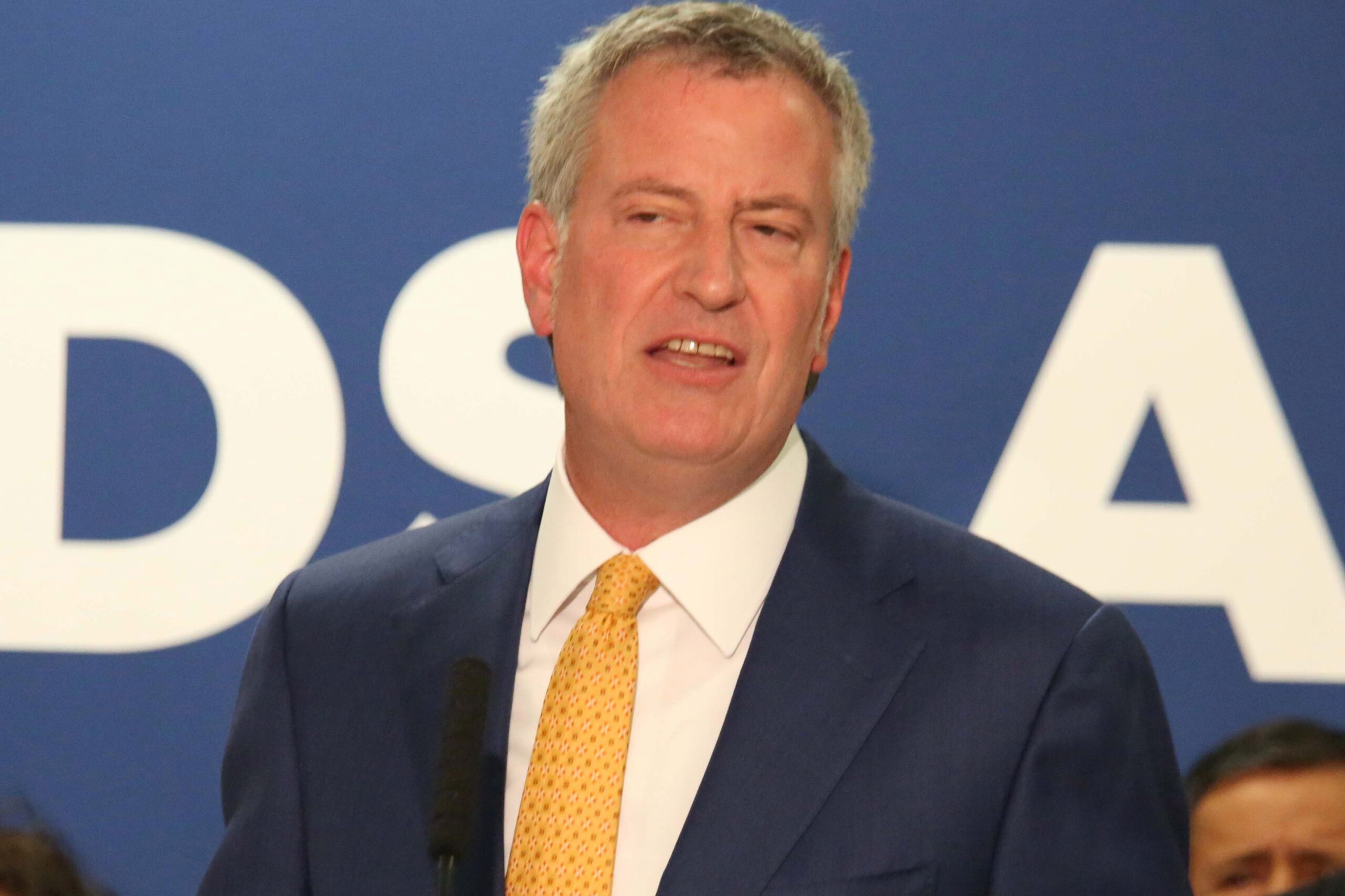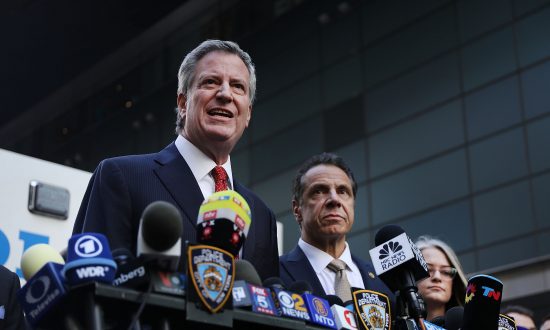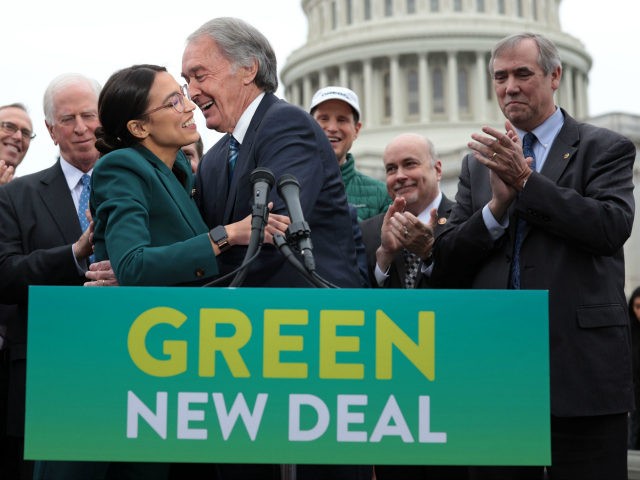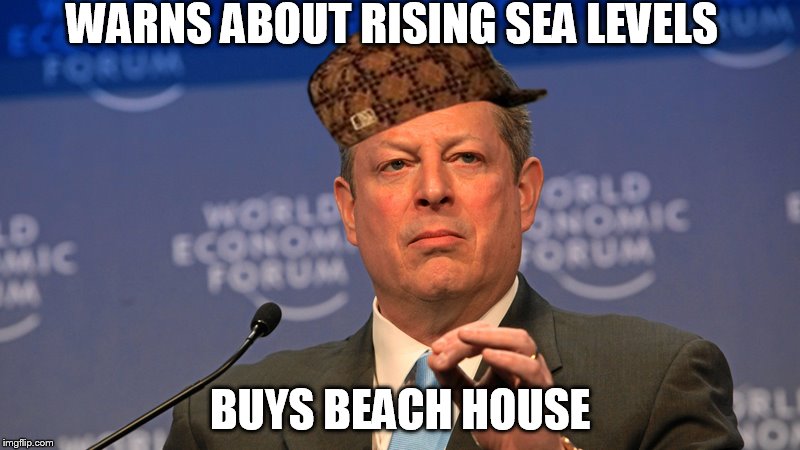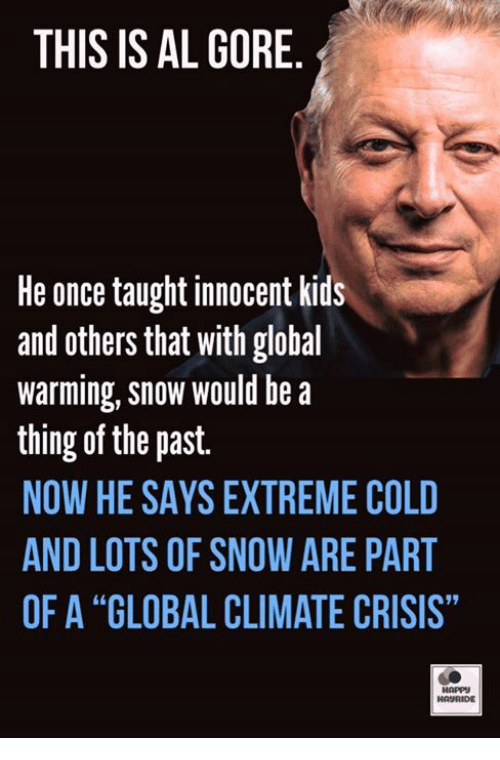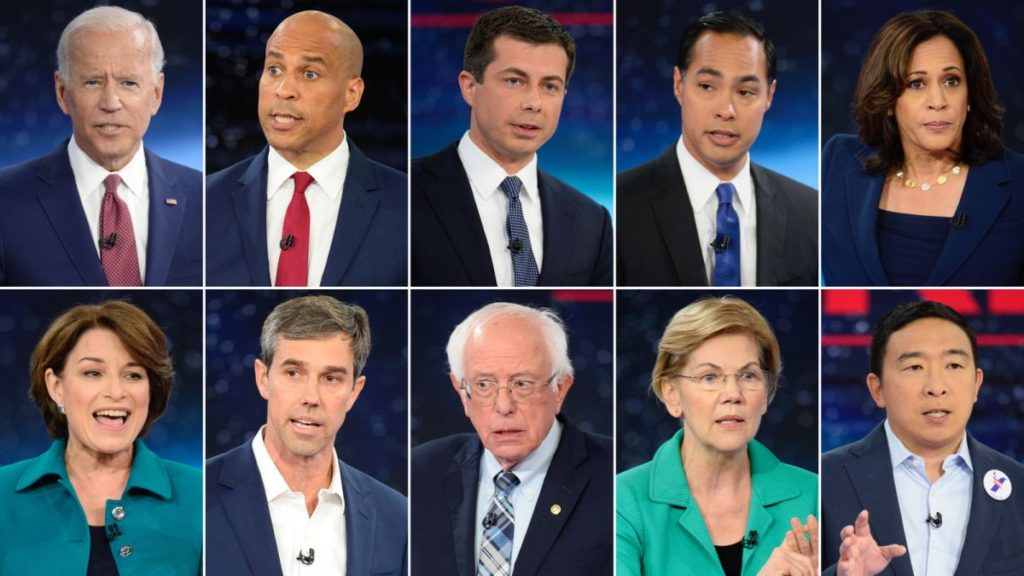
Wednesday evening during CNN’s climate change town hall, the gods of politicking looked down on Democratic candidate Kamala Harris, and they smiled. In the audience, a man named David with small glasses and pony-tailed gray hair stood up and said he’d lost his home in Paradise, California to last year’s Camp Fire, which was supercharged by climate change.
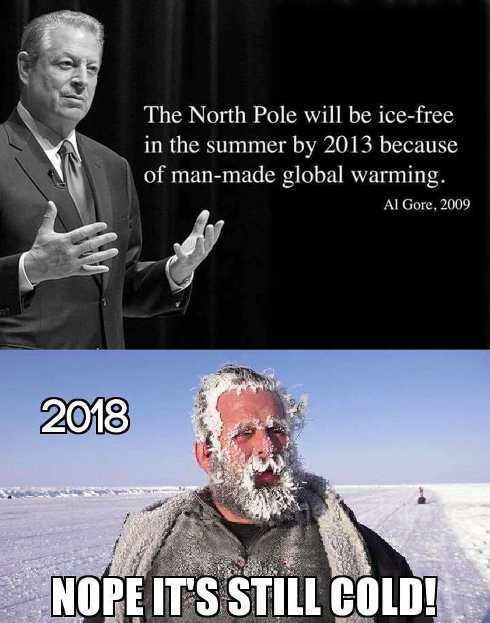
“I am so sorry David, I visited Paradise while the embers were still burning there,” Harris said. “The only thing that stood were the chimneys, were the fireplaces, that to me looked like tombstones in a graveyard. The devastation was enormous. There were firefighters that were fighting fires while they knew their own homes were burning to the ground. And so you are a living testament, and thank you for your courage to share your story.”
The camera cut back to David. The corners of his mouth turned down, not as a frown, but as if holding back tears.
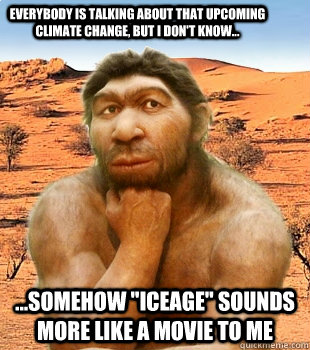
A politician is nothing without The Story. Perhaps they fought in a war, or they toured a warzone once and got shot at, or maybe a farmer they’d met shared a devastating tale about struggling to pay the bills. Voters like to hear about such things. The stories may not always be what you’d call fully truthful, but they’re a mainline into the human brain, and one of the oldest political tricks in the book.
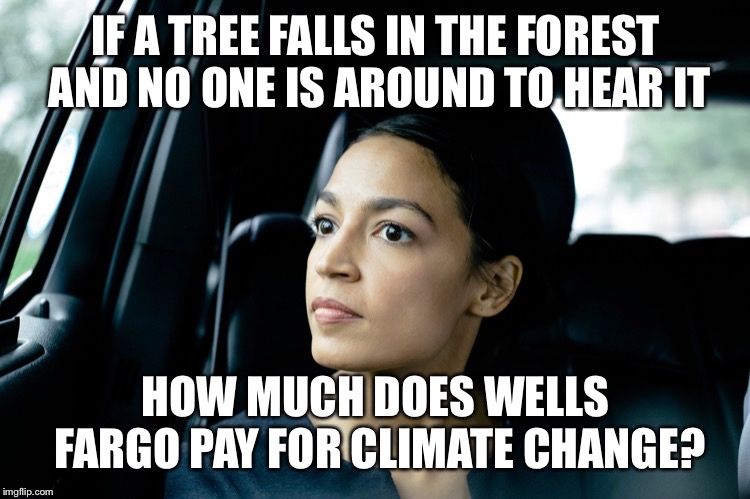
Over seven hours, ten candidates vying for the Democratic nomination took turns fielding questions and laying out how they’d face down the “climate crisis,” as CNN rightly framed the mess we’re in. Given the staggering complexity of the problem and the tendency of politics to oversimplify, the breadth of positions was commendable. The pols discussed how to bolster cities against rising seas, how to foster international cooperation, even how we might reconsider our love of planet-killing meat.
It’s with stories, though, that you really engage people about climate change. The science says as much: Research has shown that to make someone care about climate change, you’ve got to make it personal, transcending politics to explain how people are already suffering. Sure, voters need to hear how the candidates plan on tackling climate change, all the details about carbon taxes and renewable energy and fighting sea level rise. But the enormity of the climate change problem is impossible to communicate through policy talking points alone. In other words, cue the personal sagas.
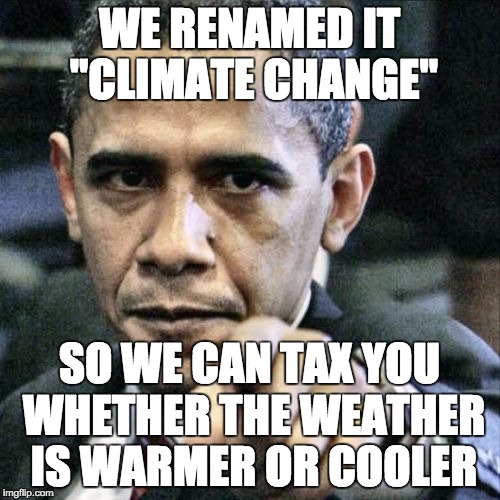
If you watched this climate marathon, you probably won’t recall what Amy Klobuchar thinks we should do about methane emissions. Instead, you’ll probably remember her story about a woman named Fran, who lives in Iowa with her husband and kids in a house with great light in the kitchen. But that house was flooded, overtaken by a river that changed course. “That’s climate change,” said Klobuchar. “That’s the crisis that’s happening right now.”
Later on in the evening, Cory Booker took a question from a man with the New York State Nurses Association, who lost his home to Superstorm Sandy, which scientists have determined was likely exacerbated by climate change. Booker was mayor of Newark at the time. “These are nightmares we’re still recovering from in New Jersey,” he said. “And we’re still trying to put a lot of the pieces back together in vulnerable communities, often urban communities. These are the folks that see the most not only devastation, but life dislocation.” (The night’s coverage was punctuated, by the way, by updates from a meteorologist on Hurricane Dorian, which was creeping 150 miles south of Charleston, South Carolina.)

Compare to that the cratering of Joe Biden, who walked onstage and put on a master class in how not to talk to voters about climate change, or really, about anything. As he bumbled through his climate plan, he mentioned that people in the audience likely belonged to organizations that had rated his plan highly. An audience member apparently began shaking their head. “Oh, no, you’re shaking your head no,” Biden said. “But that’s true.”
Then a fellow from New Jersey told Biden that his state has seen unprecedented rain, and asked how climate change has affected the candidate personally. And Biden talked about how when he was a kid, oil mist would blow from nearby refineries onto the windshield of the family car. “It’s affected my family in a way and my state in a way that’s been real, more than it’s affected Jersey,” Biden said. “More than it’s affected Jersey,” he added, as if belittling a voter warranted emphasis.
To make matters worse for Biden, Bernie Sanders followed. And Bernie is, well, Bernie—short on stories but long on moxie, rapidly firing through the points of his climate plan and how he’ll pay for it all. “Most importantly,” he said, “we are dealing with what the scientists call an existential threat to this planet, and we must respond aggressively, we must listen to the scientists. That is what our plan does.”
Then came Elizabeth Warren—precise and electrifying. And most of all personable, particularly when she fielded a question from a member of the Biloxi-Chitimacha-Choctaw tribe, which fled Louisiana’s Isle de Jean Charles to escape rising seas: How would you support communities facing displacement and cultural erasure?
“Let me start by saying how very sorry I am,” Warren responded. “It’s got to be hard to watch your homelands disappear like this and know you’ve done everything you can do, but that forces bigger than you have taken over.”
Which brings us to the larger climate narrative here. Harris got personal on fires, Klobuchar on wayward rivers, Booker on hurricanes, Warren on rising seas. Lumped together over seven hours of policy talk, they put stories to phenomena you may not have personally experienced. Because while you may not be suffering yet, climate change is here, and it’s already killing people by way of supercharged wildfires and hurricanes and heat waves.
Climate inaction is borne of indifference, in: well it’s not affecting me, how bad could it be? It’s bad, these Democratic candidates would like you to know. They’ve laid out their plans, and are now weaponizing the power of stories to sell them to the people. So gather around, because this one is going to get … apocalyptic.
